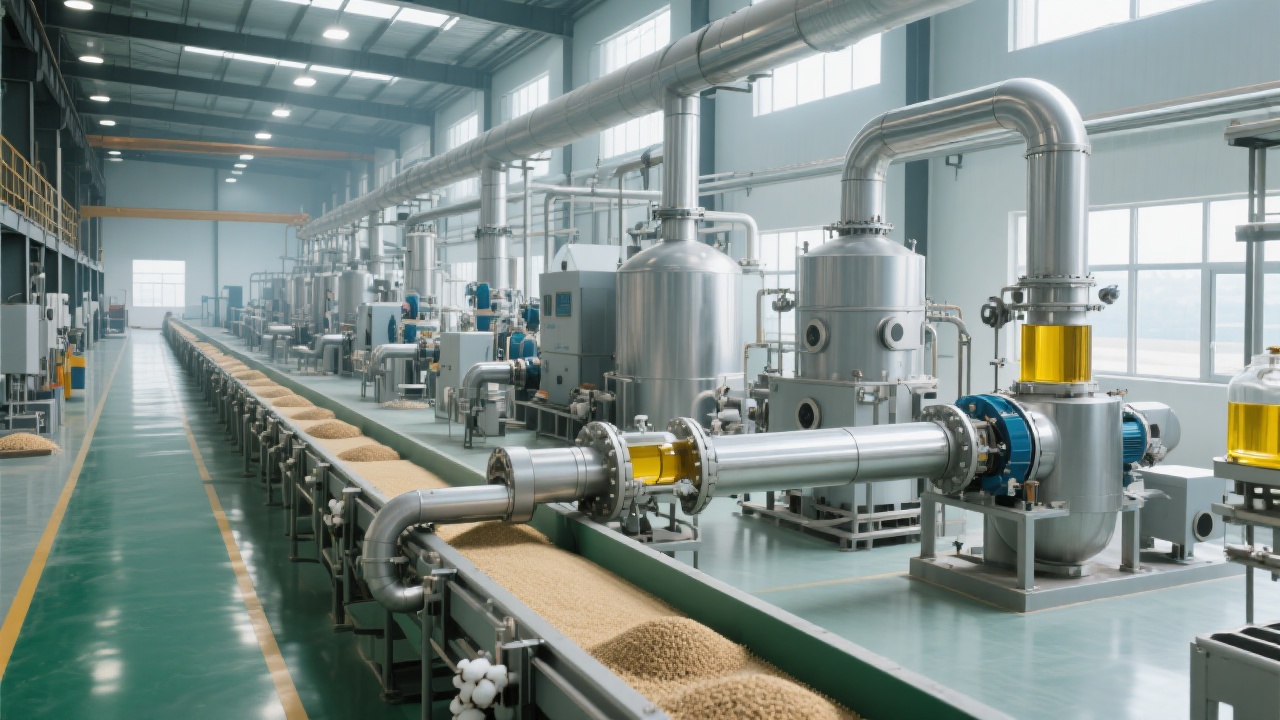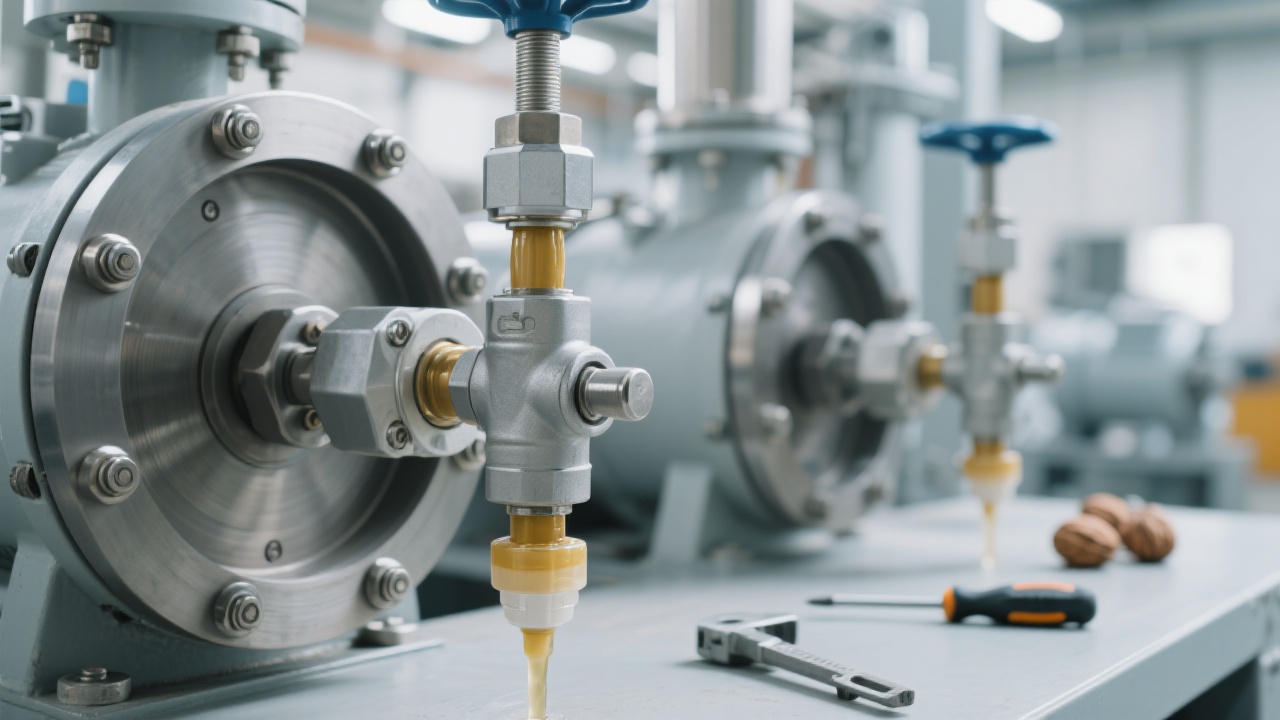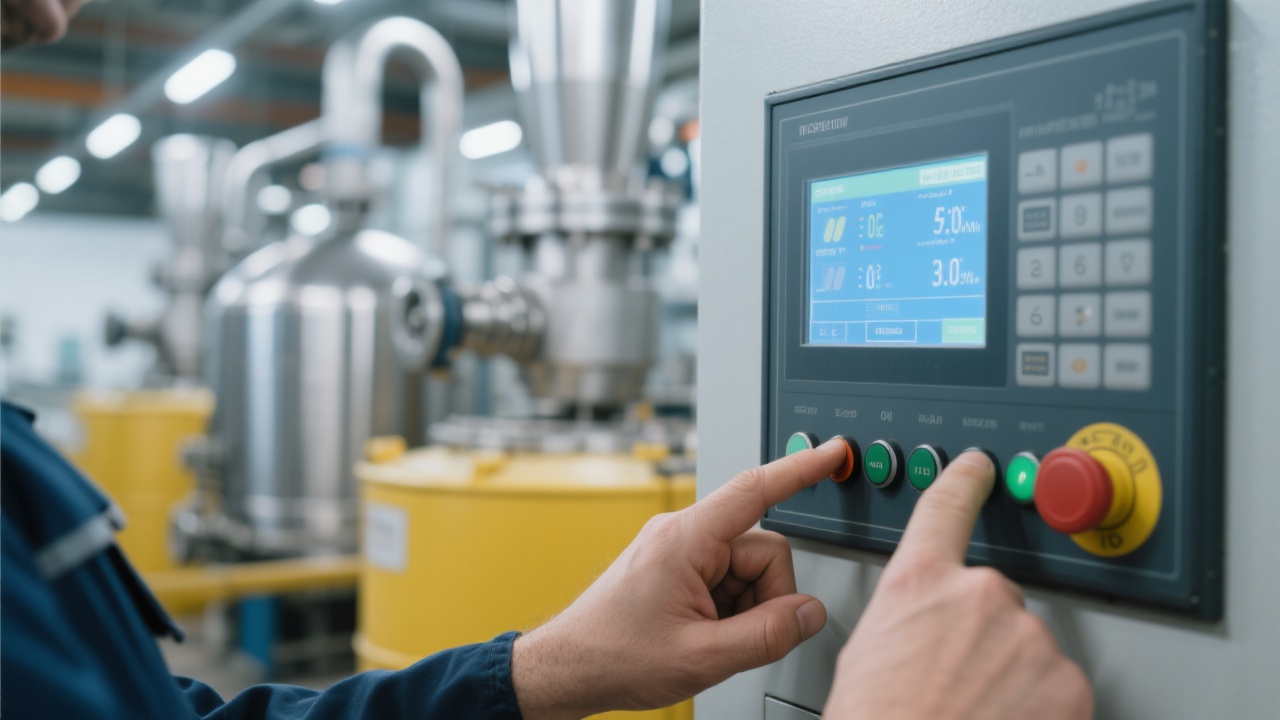From Traditional to Modern: How Quality Control Upgrades in Soybean Oil Mills Enhance Food Safety
2025-07-29
Industry Research
This industry study explores the transformative journey of soybean oil mills upgrading from traditional methods to advanced quality control systems. By adopting intelligent automation and energy-efficient technologies such as heat recovery and automated process control, modern soybean oil mills achieve significantly improved oil yields (18-20%), reduce energy consumption by up to 30%, and meet stringent international food safety certifications including ISO and HACCP. Comparative data reveals modern facilities lower impurities by 95%, enhancing both operational efficiency and consumer health protection. Real-world case studies demonstrate these improvements’ impact on brand competitiveness and building consumer trust, marking a crucial step towards sustainable and safe edible oil production.

From Tradition to Modernity: Quality Control Upgrades in Soybean Oil Mills Ensuring Food Safety
In the landscape of edible oil production, soybean oil remains a cornerstone ingredient worldwide. Over the years, soybean oil mills have undergone significant transformations—from manual, traditional processing to smart, automated plants. This evolution is driven primarily by the urgent need to boost production efficiency, reduce energy consumption, and, most importantly, guarantee the highest food safety standards demanded by regulators and consumers alike.
Historical Overview and Current Industry Challenges
Traditionally, soybean oil extraction involved labor-intensive mechanical pressing and rudimentary refining techniques. While adequate for local scales, these processes often led to inconsistent oil quality, higher impurity levels, and substantial energy waste. Moreover, lack of advanced quality control systems resulted in challenges meeting rising international food safety certifications such as ISO 22000 and HACCP. Industry pain points include:
- Low oil extraction rates, typically below 16%
- High energy consumption and production costs
- Difficulty in maintaining consistent product quality and traceability
- Inadequate contamination control affecting food safety
Energy Efficiency Innovations in Modern Soybean Oil Mills
Modern soybean oil mills leverage state-of-the-art technologies to accelerate clean and energy-efficient production. Key advancements include:
- Heat Recovery Systems: By capturing and reusing thermal energy from the extraction and refining stages, mills have reduced net energy consumption by approximately 30% compared to traditional facilities.
- Automated Process Controls: Integration of sensors and PLC (Programmable Logic Controllers) equipment enables real-time monitoring and adjustments, optimizing temperature, pressure, and flow rates for maximal efficiency.
- Eco-Friendly Machinery: Adoption of variable frequency drive (VFD) motors and high-efficiency pumps minimizes electrical energy waste.
Advanced Quality Control Systems Upholding Food Safety
Food safety remains the non-negotiable cornerstone of soybean oil production. Modern mills implement integrated quality management systems that:
- Employ inline near-infrared (NIR) spectroscopy for continuous compositional analysis, ensuring oil purity and detecting foreign matter immediately.
- Use automated sorting and sampling units linked to digital traceability platforms, documenting each batch for audit and recall readiness.
- Conform strictly to international certifications such as ISO 22000 and HACCP, supported by rigorous hazard analysis and validation procedures.
Data Insight: Compared to legacy plants, modern soybean oil mills have achieved a reduction of 95% in impurity levels and consistently deliver oil extraction yields between 18% to 20%—a substantial improvement ensuring product quality and safety.

Comparative Metrics: Traditional Vs. Modern Facilities
| Aspect |
Traditional Mill |
Modern Mill |
| Oil Extraction Rate (%) |
14-16% |
18-20% |
| Energy Consumption (kWh/ton) |
950 |
670 |
| Impurity Level (%) |
Up to 8% |
Less than 0.4% |
| Compliance Certifications |
Limited or None |
ISO 22000, HACCP, GMP |

Real-World Application: A Case Study
Take for example a mid-sized soybean oil mill in Southeast Asia that upgraded from manual pressing to a fully automated extraction and refining system equipped with smart quality control. Within the first year:
- Oil yield increased from 15.2% to 19.1%, raising annual production by over 25%.
- Energy consumption dropped by 32%, saving over 120,000 kWh annually.
- Food safety compliance was achieved, enabling entry into new export markets demanding stringent certifications.
This transformation not only enhanced profitability but also elevated the mill’s brand reputation, cultivating greater consumer trust through verifiable product safety.

Conclusion: Sustainable Efficiency Meets Food Safety Assurance
In conclusion, the transition from traditional to modern soybean oil mills represents a critical inflection point for the edible oil industry. Enhanced quality control systems coupled with energy-optimized processes deliver:
- Higher extraction rates contributing to resource efficiency
- Significant reductions in energy consumption supporting environmental responsibility
- Uncompromising compliance with international food safety standards protecting consumer health
- Greater transparency and traceability fostering brand differentiation
Ultimately, choosing a modern soybean oil mill is an investment into a sustainable future and the unwavering safety of every drop of oil reaching consumers’ tables.





